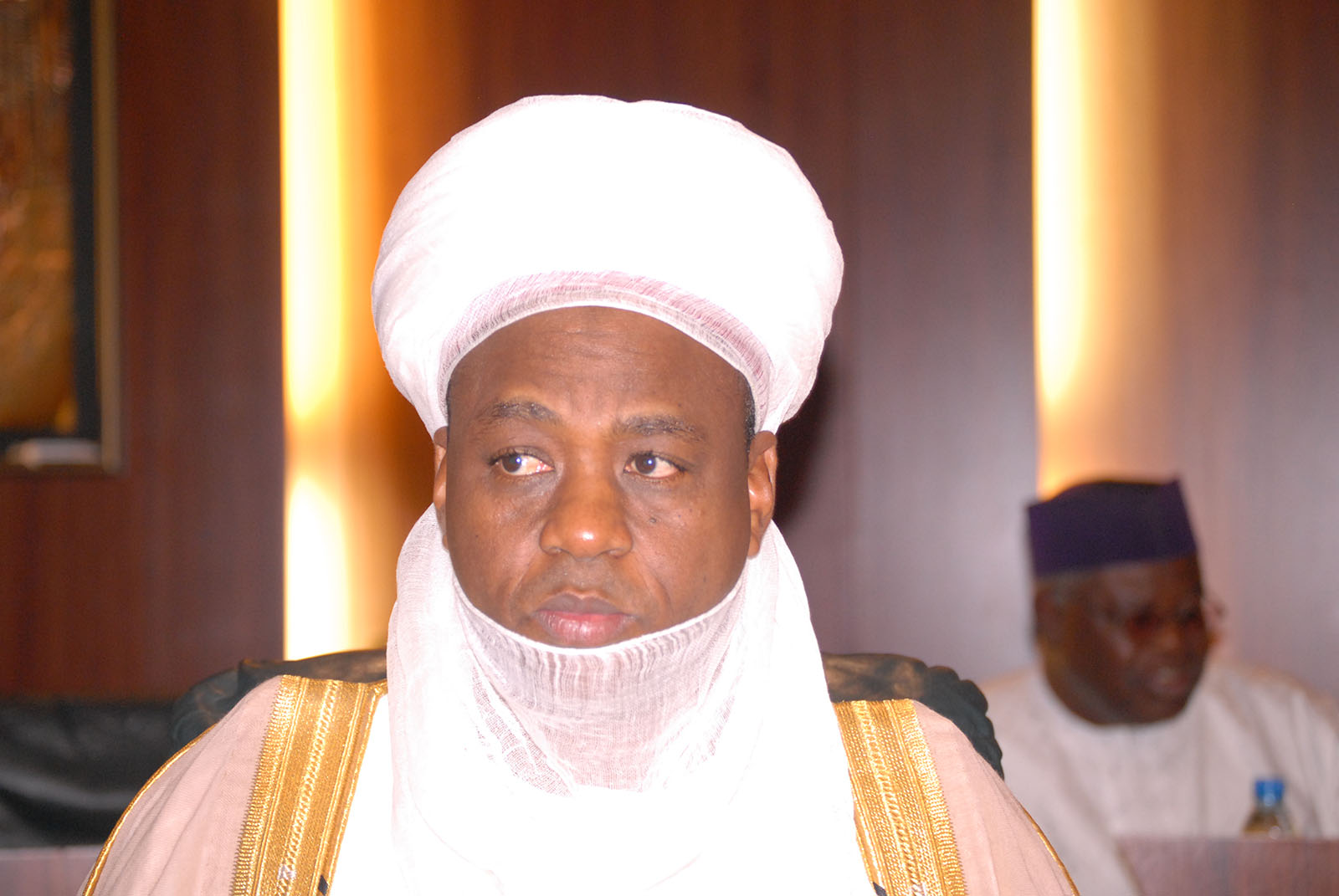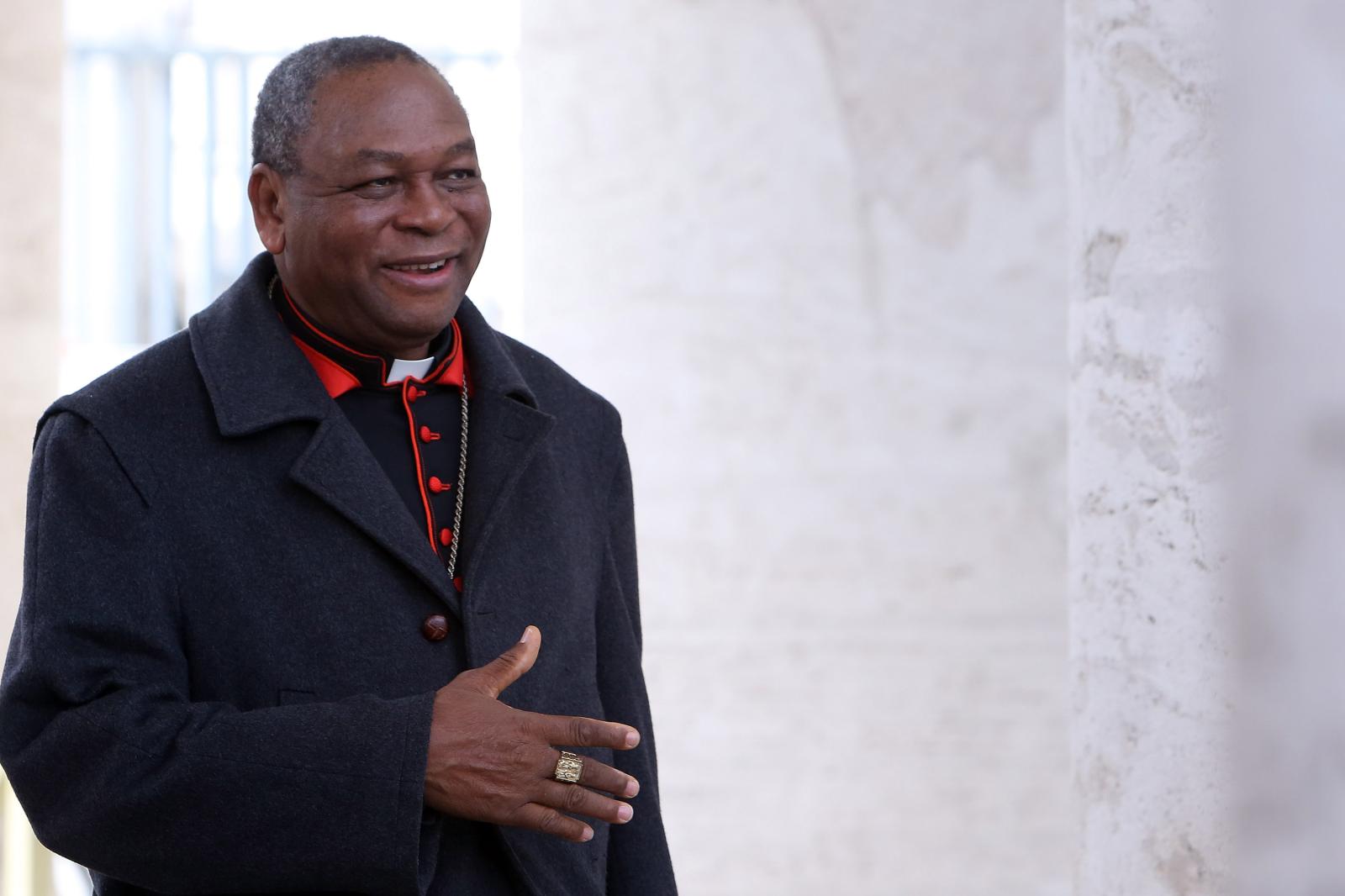by John Onaiyekan
Terrorism has no place in Islam….We must rise up as always, with one voice to condemn all acts of terrorism, condemn those terrorists wherever they are and try our best as Muslims to ensure peace reigns in our community.”
— Sultan Muhammad Sa’ad Abubakar III
This is the core of the message of the Sultan of Sokoto, Muhammad Sa’ad Abubakar III, and President-General of Nigerian Supreme Council for Islamic Affairs (NSCIA) during a special prayer session last weekend organised by the same NSCIA at the Abuja National Mosque, an event that was widely covered by the Nigerian media. It was also given very wide and positive media coverage here in Rome, starting from the Vatican Radio. I congratulate the Sultan for his bold statement. This has given me the courage to voice out, with all good intention, a reflection that has been going through my own mind for some time now.
For a long time, we used to pride ourselves as Nigerians for the generally good relations between our two major religious communities. We described ourselves as “the greatest Islamo-Christian nation in the world”. This is to highlight the fact that there is no nation in the world with so many Christians and so many Muslims living together in almost equal numbers and largely peacefully.We saw cases of “inter-religious” conflicts with loss of life and property. But we tended to dismiss them as anomalies occurring a few days in the year. We attributed this anomaly to the actions and utterances of a small group of extremists on both ends of the religious divide. At other times, we blame the manipulation, misuse and abuse of religion by people with other aims and objectives, political, ethnic and social. Often, all these factors merge.

But we soon began to wonder at the chronic repetition of such “anomalous” incidents. The role of religion became ever more evident, whether directly or indirectly. Most of the violent religious conflicts featured Muslim extremists targeting Christian objectives. It has also been largely a Northern affair. The records on this are clear.All this has become drastically exacerbated with the emergence of the Boko Haram. They have raised the level of destruction and ruthlessness to inhuman dimensions. They have also been carrying out their murderous activities calling the name of “Allah” and giving Islam a bad name. We do not know how many they are, but they are enough to constitute a major danger to the entire nation. Like poison, you need only a little portion to kill many people. They have also become a cause of concern for the international community, having now acquired the dubious merit of a mention at the United Nations’ Security Council.
How do we get out of “this very serious situation” as the Sultan rightly describes our present predicament? The abduction of the over 250 schoolgirls is no doubt very serious, and we pray that our daughters will return home soon. But it is only a tragic symptom of the wider issue of terrorism, which needs to be addressed from the roots. The complexity of the problem calls for many-sided approaches, military, yes, but also political and economic. Beyond all this, the religious dimension is what I particularly want to draw attention to in this reflection. The government must key this dimension into its strategies for a lasting solution to the problem. Government should abandon its tendency to close its eyes to the religious issues. Too little effort is being made in this direction.
The Muslim community has come out several times in the past to condemn the Boko Haram. That is commendable but not enough. It is also certainly not helpful to maintain that the terrorists are not Muslims because they are doing things that are clearly contrary to what the majority of Muslims hold. If there is ever to be any channels of dialogue and peace-making with the group, it will necessarily involve Muslim elements with access to them, people they respect and will listen to. We see here the wisdom and importance of the call of the Sultan.
To go beyond mere condemnation, it seems to me that there is an urgent need for an in-house dialogue within the Nigerian Muslim community. Such a dialogue would make it possible to courageously and sincerely deal with currents and movements that create the kind of religious climate and atmosphere in which Boko Haram and similar groups emerge and thrive. It is not enough to condemn market bombing, killing in villages and places of worship and abduction of innocent schoolgirls. All this is expected of any right thinking person. But it is also necessary to condemn extreme and intolerant religious positions and attitudes, which make peace with others impossible. It is not enough to merely tolerate people of other faiths, considered perhaps as undesirable. It is also necessary to respect the religious convictions of everyone and accept the reality of our multi-religious nation as being in the plan of the One God whom we all worship.
Our freedom of religion has to do with freedom to speak the truth of our faiths. It cannot be license to insult and denigrate others, less still to foment violence and hatred. It is surely the duty of the state to enforce and ensure good order and deal firmly with all troublemakers. But it is the greater duty of religious authorities to promote peace and harmony among God’s children in our nation.Every effort in this direction deserves the encouragement of the entire nation, starting with government. The Christian community too should welcome and support such efforts, with a view to “close ranks as Nigerians”, as the Sultan has wisely suggested. In this regard, we must say that this is hardly the time for the Nigerian Inter-religious Council, (NIREC) to go into a slumber. We should all wake up to salvage our nation, before it becomes too late.
Cardinal John Onaiyekan is the Roman Catholic Archbishop of Abuja and Co-Chair, World Council for Religious Leaders (WCRL). This piece is the fourth in the series of his “Letters from Rome.”
The opinions expressed in this article are solely those of the author.







